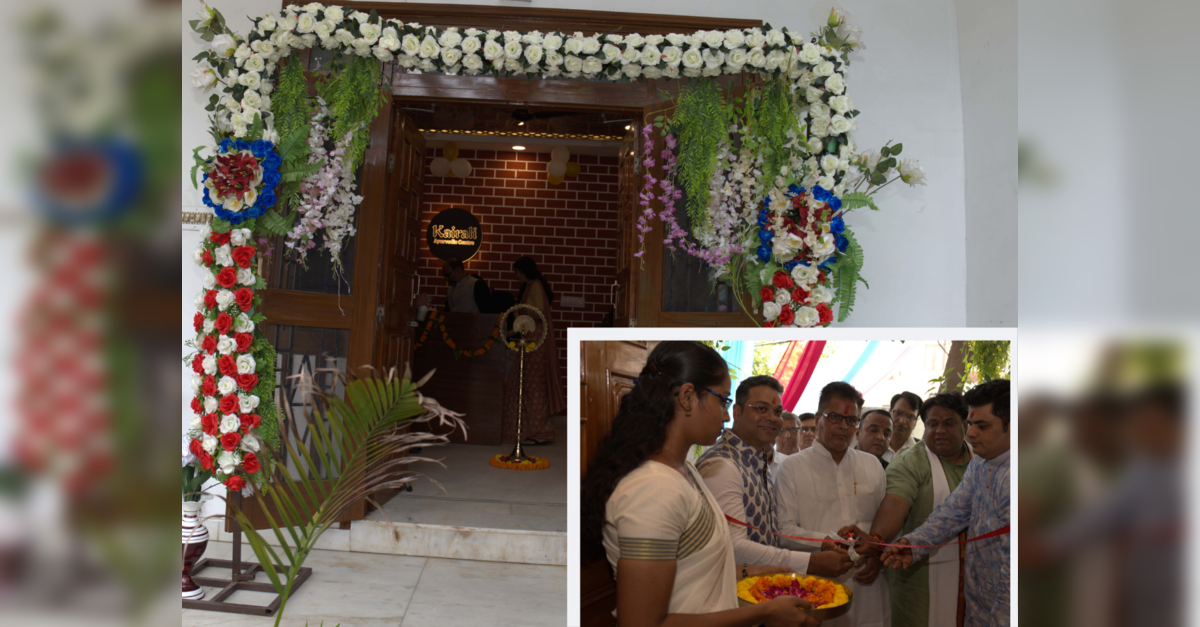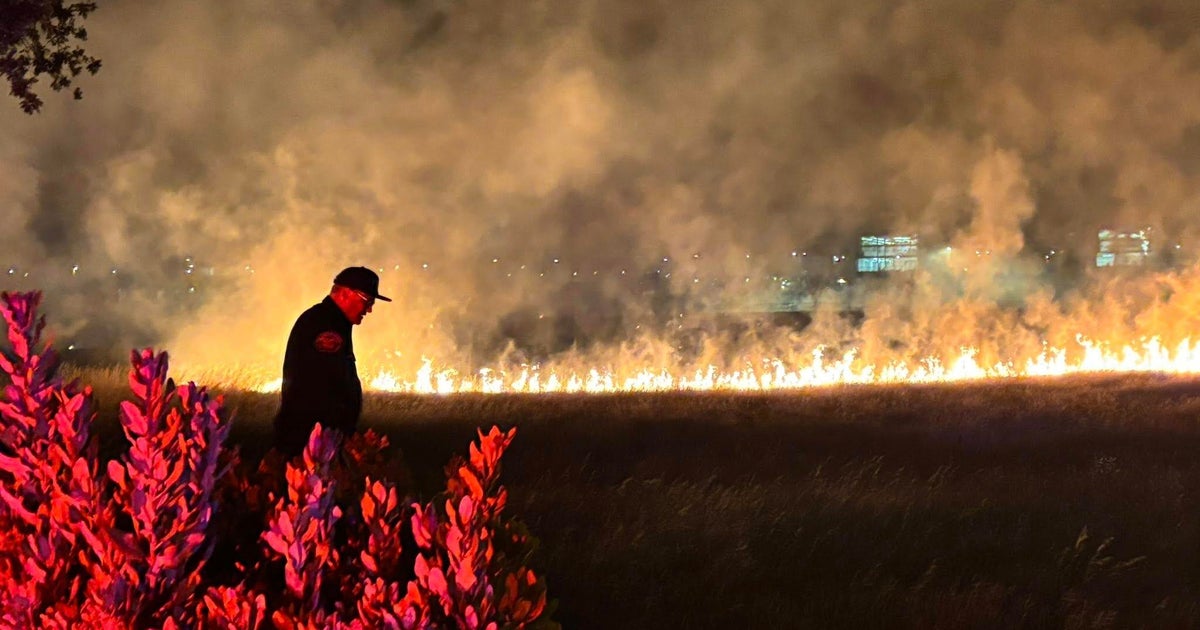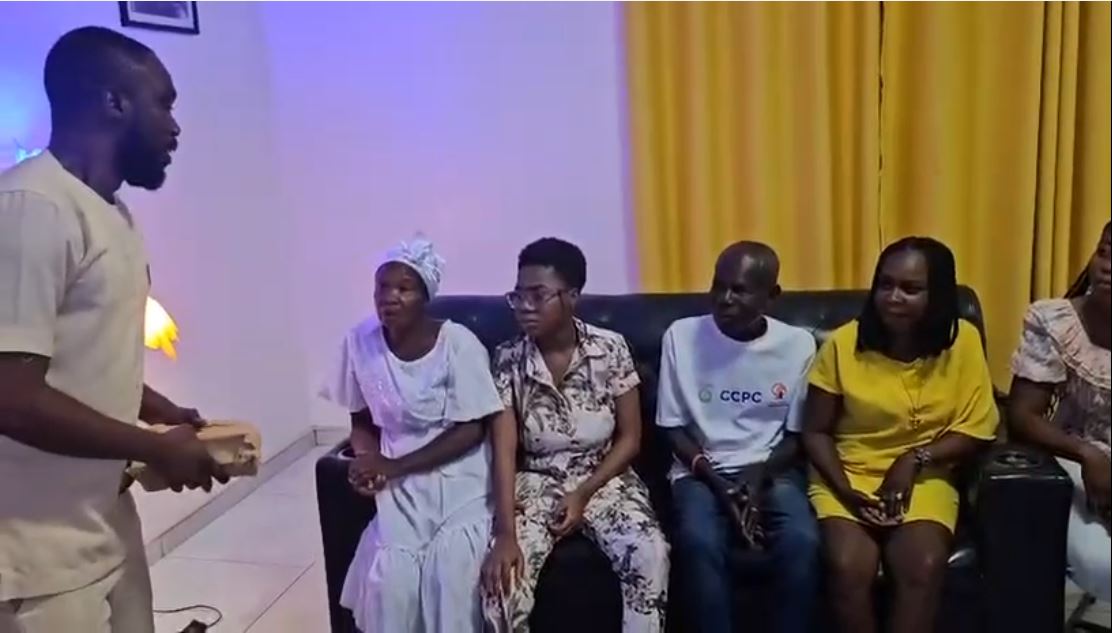Chris Chukwunyere: Addressing hunger, poverty, health inequities require collective action
Chris Chukwunyere is an international development strategist, global health advocate, and programme management expert with over 15 years of experience in health systems strengthening, global health security, fundraising, and strategic partnerships. A public health specialist driven by a passion for health equity and social impact, he has worked at the intersection of policy, innovation, and advocacy, leaving lasting impact in Liberia, Nigeria, Zambia, Switzerland, and the United States. He currently works in the cancer control space, where he leads multi-sectoral collaborations to improve access to quality cancer care and strengthen local health systems. Chukwunyere is the co-founder of Inspire World International Foundation, an indigenous nonprofit in Nigeria, which he established with his wife, Sola Chris-Chukwunyere. He also serves as Executive Director of 24Karats Family Foundation, which he co-founded with his wife to promote strong family values and positive societal change. He holds a BMLS in Medical Laboratory Science and an MBA in Business Administration. He is an alumnus of Brown University’s Information Futures Fellowship, the Atlas Corps Fellowship, and the StartingBloc Fellowship. In this interview, he speaks on his philanthrophic and social impact drive.
My journey began with a deep desire to serve vulnerable populations and a passion for solving real-world problems at the community level. As I progressed in my public health career, I quickly realised that health outcomes are not only shaped by hospitals or clinics, but by the social determinants of health such as food security, education, and poverty. This understanding pushed me beyond traditional public health roles into community-led development and advocacy. I began working closely with underserved communities in Northern Nigeria, where hunger and malnutrition were not just health issues, but everyday realities. I saw firsthand how a lack of access to basic resources could derail the health and future of entire families. My wife, Olusola Chris-Chukwunyere, who is also a public health expert, had similar experiences with me. That was what inspired us to blend our technical background in public health with a heart for philanthropy, thereby launching initiatives that didn’t just treat symptoms, but addressed root causes. Through our nonprofit, we focus on sustainable food systems, equitable access to health care, and capacity development for youth and women. Philanthropy became the bridge that allowed us to mobilise resources, while social impact became the metric for true community transformation. Today, we see both public health and philanthropy not as separate sectors, but as powerful, intertwined tools for building healthier, more just communities.
The ZERO Project, a flagship project from our nonprofit Inspire World International Foundation, was born out of a simple yet urgent question: How can we create a world where no one goes to bed hungry? During several community health outreach programs in across Nigeria, we repeatedly encountered families, especially women and children, suffering not just from preventable diseases but from chronic hunger and malnutrition. It became clear that food insecurity was a critical barrier to health, dignity, and development. Inspired by the United Nations’ Sustainable Development Goal 2 (Zero Hunger), we launched The ZERO Project, an ambitious initiative aimed at eradicating hunger and poverty through sustainable food systems. What began as a modest food relief effort has since grown into a multi-dimensional programme. Today, we work directly with local farmers to cultivate and harvest staple crops, support families through our food bank, operate a soup kitchen that serve nutritious cooked meals, and empower families with tools for long-term food security. Over time, The ZERO Project has evolved from a reactive charity model into a proactive systems-based approach, linking agriculture, nutrition, education, and empowerment. It’s no longer just about feeding people for a day; it’s about equipping communities to thrive for a lifetime.
Partnerships have been the backbone of Inspire World International Foundation’s growth and impact. From the very beginning, we understood that addressing complex challenges like hunger, poverty, and health inequities requires collective action. No single organisation can do it alone. Through partnerships with local farmers, community-based organisations, development partners, faith institutions, and government agencies, we’ve been able to scale our initiatives, especially The ZERO Project, beyond what would have been possible with our resources alone. Our alignment with global networks and philanthropic foundations has also brought in not just funding, but technical expertise, monitoring frameworks, and platforms for advocacy. These collaborations have helped us elevate local voices, attract more attention to the food insecurity crisis in Nigeria, and push for sustainable policy solutions. Ultimately, our partners don’t just expand our reach, they sharpen our focus, challenge us to innovate, and co-create solutions that are deeply rooted in the needs and aspirations of the communities we serve. At Inspire World, we believe partnership is not just a strategy, it’s a philosophy of shared purpose and mutual impact.
Mentorship and youth leadership development are at the heart of our vision for lasting societal transformation. We believe that sustainable change doesn’t start with policies alone, it starts with people, particularly young people who are equipped with the right values, vision, and voice to lead with integrity. Mentorship provides a foundation of guidance, emotional support, and wisdom that helps youth navigate life’s challenges with confidence. It breaks cycles of poverty, violence, and hopelessness by replacing them with purpose, resilience, and direction. When young people are mentored, they not only avoid pitfalls, they begin to see themselves as agents of change. Youth leadership development goes a step further; it activates the potential of the next generation to become solution-builders in their communities. We don’t just train young leaders to take up future roles; we empower them to lead now, in schools, civic spaces, nonprofits, and businesses. They are trained to identify problems, co-create solutions, and lead with empathy and accountability. This ties directly into our broader vision of societal transformation, because every transformed youth becomes a multiplier, positively influencing their peers, families, institutions, and communities. When mentorship and leadership development are scaled intentionally, we move from isolated impact to systemic change. At Inspire World International Foundation and through the 24Karats Family Foundation, we see every young person as a seed of possibility. Our job is to water those seeds through mentorship, leadership training, and love, so they grow into the trees that will shape the future.
My entry into the cancer space was deeply personal and professionally transformative. As a public health expert, I’ve always been passionate about addressing the broader determinants of health. But my focus on cancer control began during my 18-month Atlas Corps Fellowship in the United States back in 2019, where I had the privilege of serving at one of the world’s leading breast cancer organisations. That experience opened my eyes to the global burden of cancer and the gaps in access, awareness, and care that disproportionately affect countries like Nigeria.
When I returned home to Nigeria, I knew I couldn’t remain silent. I began implementing cancer-focused health programmes through Inspire World International Foundation, while consulting for both local and international organisations. Currently, I work with a cancer care organisation to coordinate a multi-sectoral initiative that brings together government agencies, healthcare providers, private sector partners, civil society, and international development organisations to co-create sustainable, people-centered cancer care solutions. Rather than impose solutions, we convene stakeholders to lead their own transformation, grounded in real data and shared responsibility. We are currently developing a city-wide strategy for cancer care in Abuja, informed by needs assessments, technical working groups, and local ownership.
One of the biggest is navigating entrenched systems and mindsets that resist change. Whether it’s bureaucracy in government institutions or traditional practices in communities, shifting long-standing behaviours, norms, and structures takes time, trust, and persistence. Another major challenge is sustainability. Community-driven programmes often start with great energy and enthusiasm, but sustaining impact beyond pilot phases requires long-term financing, strong local leadership, and integration into broader systems. Without these, even promising initiatives can fade after donor funding ends.
Fragmentation and duplication of efforts is also a challenge, especially in the development space. Too often, multiple organisations operate in silos, working in the same communities without coordination. This can confuse beneficiaries, dilute impact, and waste resources. That’s why multi-sectoral collaboration, are so critical. Capacity gaps at the local level in areas like data management, programme design, or financial governance, also limit how far communities can drive change on their own. We often find ourselves balancing between empowering local actors and providing ongoing technical support.
Finally, there’s the emotional toll. When you’re deeply invested in communities, especially vulnerable ones, you experience their struggles personally. I’ve sat with parents who couldn’t feed their children and walked with cancer patients who had lost all hope. These moments remind you that systemic change is not abstract, it’s personal. And it requires a level of commitment and compassion that goes beyond strategy. Yet despite these challenges, the rewards are immense. When communities are empowered to lead their own transformation, the change is not only more meaningful, it’s more resilient.
One of the most impactful stories in our journey came from Mararaba Community in Nasarawa State, where we implemented The ZERO Project, our flagship initiative focused on eradicating hunger and food insecurity through sustainable, community-driven food systems. When we first entered Mararaba, we met a woman, a widowed mother of five, struggling daily to feed her children. She was earning a meager income from petty trading and could barely afford one full meal a day for her family. Aisha’s story was not unique; it reflected the broader realities of many households in the area. Through The ZERO Project, we began working with local farmers in Nasarawa State to cultivate staple crops, while simultaneously establishing a community food bank and a soup kitchen that served nutritious cooked meals to vulnerable families. She became actively involved, first as a beneficiary, and later as a volunteer in our community kitchen. Eventually, we trained her during one of our skill acquisition programmes. We also equipped her with bags grains to help her setup her business.
Within a few months, she had transitioned from being food insecure to becoming food sufficient, and then to empowering others. She became a local champion of our initiative. What began as a food relief effort became a platform for dignity, empowerment, and community resilience. When communities are given the tools, knowledge, and trust to lead, they don’t just survive, they thrive. Addressing hunger opened pathways to better health, education, and economic stability and our most sustainable gains came when the community, not us, became the drivers of the initiative.








